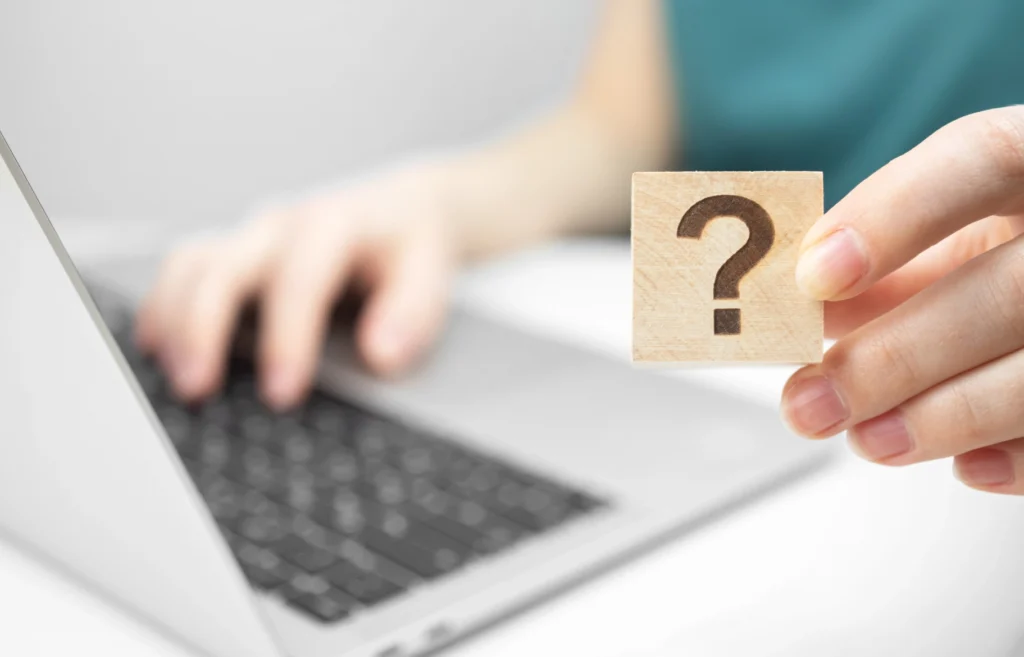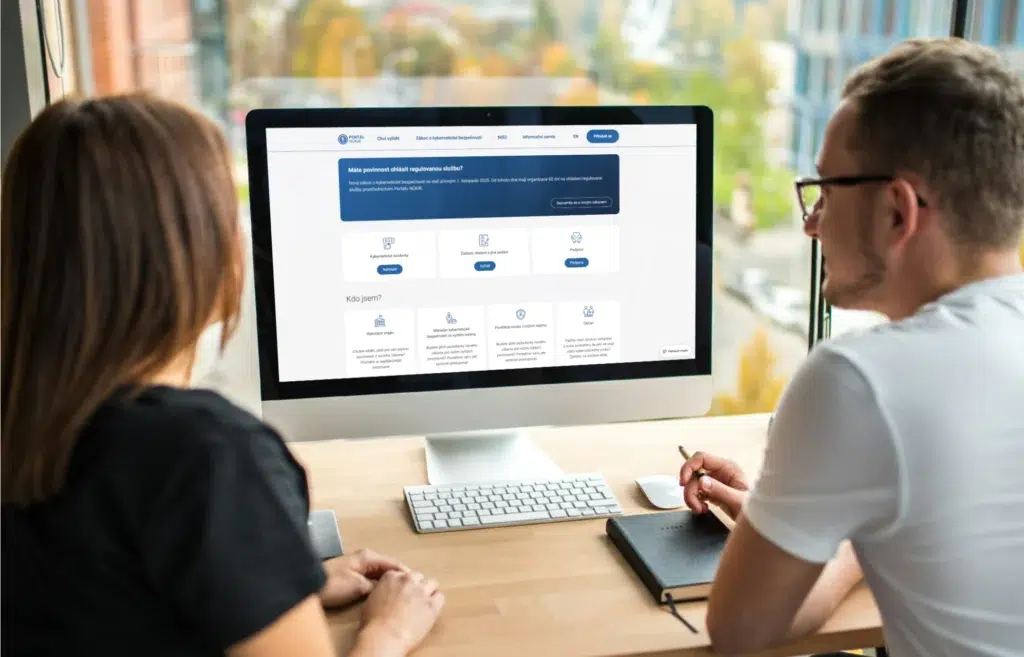- Hana Skoupá
Today, data security and customer trust aren't just a matter of reputation – they're often essential for market entry or winning new business. That’s why more and more companies are asking themselves: Should we go for SOC 2 or ISO 27001? Or both? If you’re unsure, you're not alone. Here's a comparison of both standards, including their benefits and limitations – and most importantly, guidance on when certification makes sense for your business.
The key difference between SOC 2 and ISO 27001
The distinction between SOC 2 and ISO 27001 isn’t just about geography or the type of output. Each of these two standards takes a different approach, uses different methods of verification, and serves a different purpose. This table offers a quick side-by-side comparison to help you understand what to expect from each certification – and where it might make the most sense for your business.
SOC 2 | ISO 27001 | |
|---|---|---|
Origin | U.S. standard (AICPA), primarily used in the U.S. and Canada | International standard (ISO), globally recognized |
Output | Auditor’s report (SOC 2 Type I or Type II) | Certification |
Purpose | Demonstrate secure processes and services | Establish and maintain an Information Security Management System (ISMS) |
Focus | Trustworthiness of services (based on 5 principles) | Comprehensive information security management |
Audit | Independent CPA firm (audit report) | Certification body (third-party) |
SOC 2: Trust in the provided services
SOC 2 is an audit framework that evaluates how an organization complies with the Trust Services Criteria:
- Security (zabezpečení)
- Availability
- Processing Integrity
- Confidentiality
- Privacy
The goal of SOC 2 is to prove to your (typically corporate) customers that your services – especially in areas like SaaS, cloud, and outsourcing – meet high standards for security and trust
It's not a one-time certification but a recurring audit (usually every 12 months), that demonstrates how securely you operate in real life.
Benefits
- Clear proof that your services are secure
- Strong selling point for customers and partners
- Can be tailored to your chosen criteria
Disadvantages
- Not a formal certification – it's an auditor’s report
- Less known outside the U.S.
- Demanding in terms of internal documentation and audit prep
When to consider SOC 2?
You provide services for clients in the U.S., Canada, or global companies with U.S. HQs
You're a tech company (SaaS, cloud, hosting, outsourcing).
Customers ask for independent security verification
Chcete prokázat, že to s bezpečností myslíte vážně – a máte to podložené.
ISO 27001: A global framework for information security management
ISO 27001 is a formal framework for setting up, maintaining, and continuously improving an information security management system (ISMS). It takes a process-based approach – not just technical controls, but also risk management, responsibilities, policies, training, and regular checks.
Getting ISO 27001 certification shows that your company has a systematical approach for managing sensitive information and can maintain information security across the whole organization.
Benefits
- Internationally recognized certification
- Provides a sustainable long-term framework for security management
- Builds trust among customers, investors, and regulators
Disadvantages
- Time-intensive implementation
- High demands for documentation, risk management, and controls
- Doesn’t assess how securely you operate – only that the system exists
When to consider ISO 27001?
You have clients in the EU or need a globally accepted standard
You want a formal structure for managing information security
Your business is growing, and you need clear roles, documentation, and processes
You want security to be part of day-to-day operations, not just a checklist
SOC 2 vs. ISO 27001: Which one should you choose?
It’s not about which standard is “better”. It’s about which one makes more sense, for your current situation. Sometimes, a combination is ideal: ISO 27001 as the foundation for your system, and SOC 2 as a "proof of practice".
- Targeting the U.S. market? → SOC 2
- Want a structured security management system ? → ISO 27001
- Need a specific audit report for a client? → SOC 2
- Want to build an internal security culture? → ISO 27001
- Want both but are unsure where to start? → Start with ISO 27001, then add SOC 2 later
What makes sense for your business?
If you're aiming to gain customer trust, enter a new market, or strengthen internal security, SOC 2 and ISO 27001 are powerful tools. But each serves a different purpose. You don’t have to do everything at once – but it pays to understand the differences and choose the path that fits your business, risk profile, and goals.



